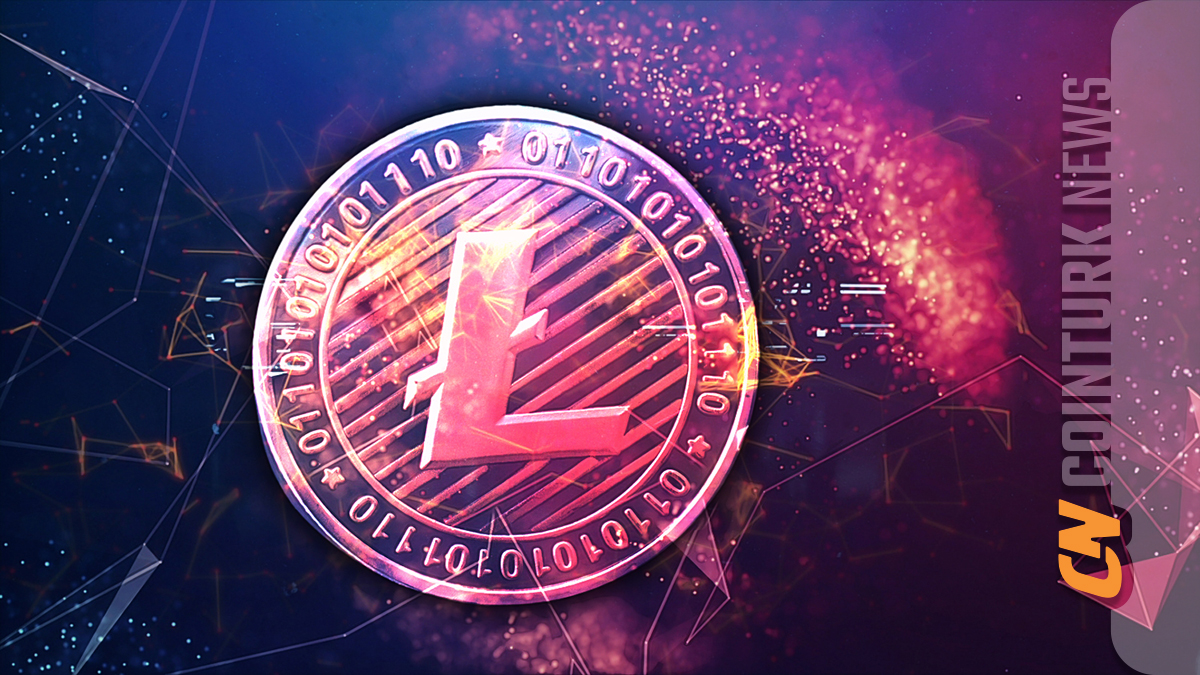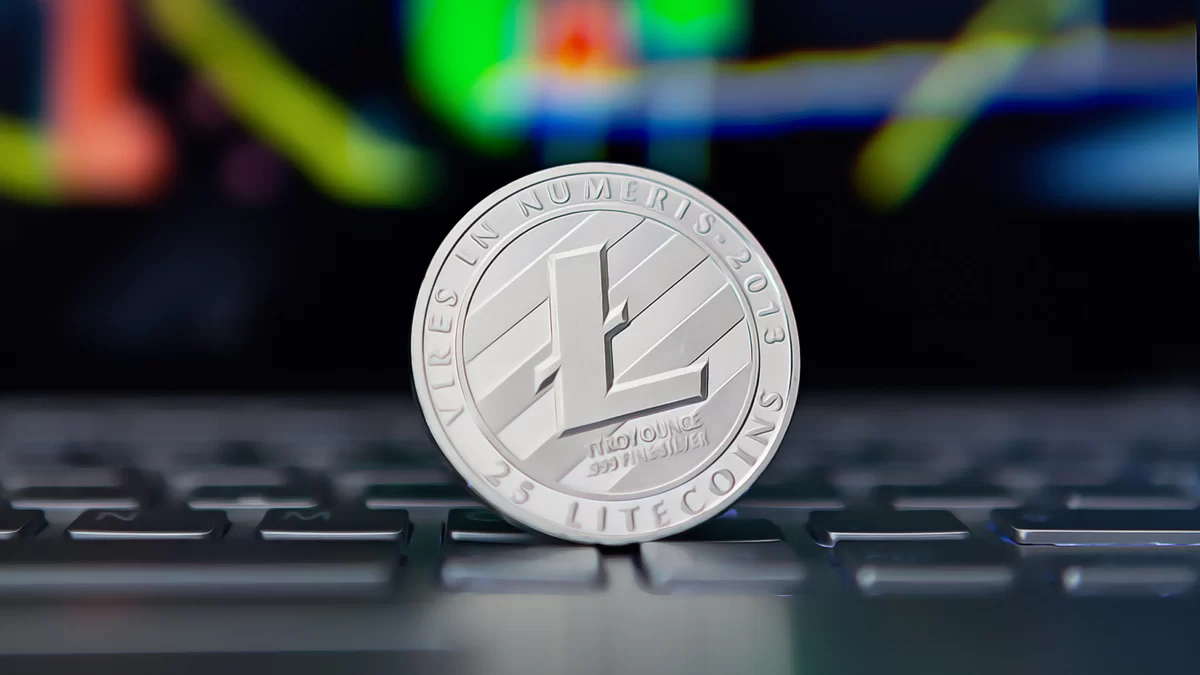Polygon CEO Marc Boiron, recently shared his critical views on the new altcoin branch, Layer 3 networks (L3s), through his personal account on social media platform X. Boiron argued that L3s are not necessary for scaling the Ethereum (ETH) network and could actually add to its load instead.
“They’re Diminishing Ethereum’s Value”
According to Boiron, L3s primarily serve to divert value away from Ethereum and towards the Layer 2 networks (L2s) they are built upon. He emphasized that scaling Ethereum does not require the implementation of L3s, while revealing that Polygon Labs is not participating in the development of L3s.

While acknowledging the importance of L2s in the Ethereum network, the Polygon CEO disagreed with the idea that L2 value directly translates to Ethereum value. He warned of potential risks to Ethereum’s security if all L3s were to settle on a single L2, which could diminish Ethereum’s value capture and threaten its economic sustainability.
Boiron expressed concerns that if Ethereum stops generating fees and there is no expectation of fee generation beyond a single L2, the value of ETH could drop. He highlighted that such a scenario could lead to validators losing confidence in ETH, which in turn could result in a decline in network security due to validators withdrawing from maintaining it.
The debate over the benefits of L3s continues to grow, with community members like Peter Haymond arguing that L3s can provide numerous advantages without necessarily reducing Ethereum’s value. Boiron underscored various factors related to the benefits of L2s, emphasizing the importance of low-cost native bridging and pointing out the economic and security costs associated with relying on other bridges.
Emphasizing Layer 2 on Polygon
Furthermore, Boiron questioned the perceived benefits of low challenge or proof costs, suggesting that considering proof collection, this might not be accurate. He also drew attention to the availability of L2s in the Polygon CDK, noting that the concept of a special gas token is far from providing real benefits.
The L3 debate, which Boiron also touched upon, is part of the complexities surrounding scaling solutions for Ethereum. Stakeholders continue to discuss the most effective approaches to maintain network scalability, security, and sustainability, while objections to L3s have been on the rise recently.









